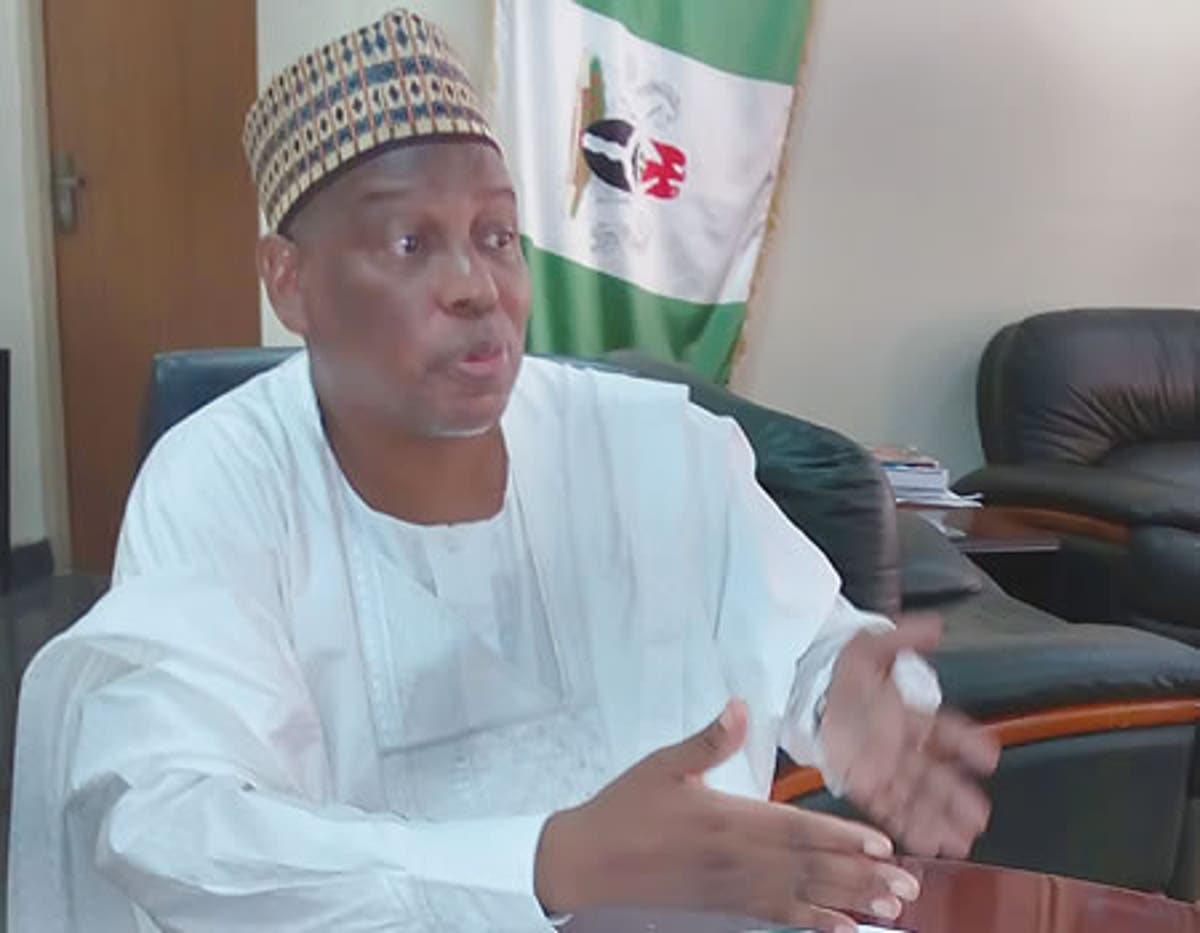UBEC to assist state govts transform schools to smart institutions
The Executive Secretary of the Universal Basic Education Commission, (UBEC), Dr. Hamid Bobboyi, has expressed the commitment of the commission to assist state governments in transforming their schools to smart institutions in line with the demands of 21st century education. He stated this when he visited Science Model Primary School, Chaza, Suleja, one of five […]

Hamid Bobboyi, UBEC
The Executive Secretary of the Universal Basic Education Commission, (UBEC), Dr. Hamid Bobboyi, has expressed the commitment of the commission to assist state governments in transforming their schools to smart institutions in line with the demands of 21st century education.
He stated this when he visited Science Model Primary School, Chaza, Suleja, one of five science model schools, which the Niger State government has decided to convert into smart schools.
This was contained in a statement by the Head, Public Relations and Protocol, UBEC, Mr. David Apeh.
He said the Chairman, Niger State Universal Basic Education Commission, Alhaji Muhammad Ibrahim, explained that the Niger State government had made this decision in view of its desire to upgrade its schools to world class standards and ensure that its young citizens were getting high quality education that would make them compete with their peers in other parts of the world.
- Betta Edu: EFCC recovers N30bn, investigates 50 bank accounts
- Jigawa Golden Stars handed N1m fine by NNL
“Earlier to the visit of the Executive Secretary, a team from the Digital Resource Centre of the Universal Basic Education Commission (UBEC) led by Dr. Hafsat Lawal Kontagora arrived at Minna on an inspection visit to the schools to evaluate their readiness to commence smart education,” he said.
According to him, the team visited the schools in New Bussa, Suleja, Beri, and Lapai.
Speaking on their findings, Dr. Kontagora expressed happiness that many state governments had begun to key into the Federal Government’s Smart Schools Programme and were beginning to establish their own smart schools in an attempt to offer high quality 21s century education that focused on igniting creativity, innovation, problem solving and critical thinking.
Meanwhile, the federal government has established 37 smart schools in different parts of the country (one per state and the FCT), with state-of-the-art equipment and befitting buildings, out of which 14 have already commenced teaching and learning activities.
